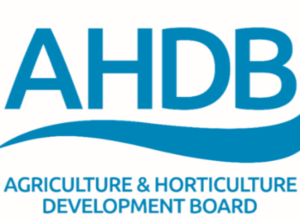Farmers Offer Cautious Welcome to US Beef Trade Deal
UK Farmers Offer Cautious Welcome to US Beef Trade Deal
Livestock farmers in the UK have offered a measured response to the recently agreed beef trade deal between the UK and the United States. While acknowledging potential opportunities, concerns remain regarding trade with Europe and traceability standards in the US.
The agreement, finalised last week during discussions between Sir Keir Starmer and Donald Trump, establishes a mutual export quota of 13,000 tonnes of beef between the two nations. This marks a potential shift in trade, as very little US beef has been sold in the UK since a 1989 ban due to concerns over the use of growth hormones.
Adam Quinney, a farmer from Sambourne on the Warwickshire-Worcestershire border, believes the deal is unlikely to result in a significant presence of American beef in UK supermarkets. However, he expressed concern about the potential implications for trade with the European Union. “It would be a concern if the trade barriers with Europe were made even more difficult than they are now,” Mr Quinney explained.
The UK government has sought to reassure farmers, stating that “the rules on food standards have not changed” and that hormone-treated beef will not be permitted for import. Mr Quinney echoed this sentiment, saying, “We were worried about standards, and what type of beef can be imported. And as more and more details come forward, it appears that it’s quite sensible. It’s hormone-free beef.”
However, David Barton, a Cotswolds farmer and livestock chair of the National Farmers’ Union (NFU), raised concerns about the lack of a national cattle tracing system in the US. “We have incredibly good traceability in the UK,” Mr Barton emphasised. “Every animal on my farm has a cattle passport from the moment it’s born. So wherever it goes, it can be traced right back to me. Do they have that in the US? I don’t think they do.”
He stressed the need for robust procedures to ensure the imported beef is indeed hormone-free. “We need to make sure that there are robust, rigorous procedures in place that we’re confident that it’ll be their non-hormone product.”
The Department for Environment, Food and Rural Affairs (Defra) has stated that US producers will be required to have monitoring and certification processes in place to demonstrate compliance with UK food standards.
Despite the concerns, Mr Barton also acknowledged potential benefits for UK beef producers. “Our product is largely grass-fed,” he explained. “It’s a premium product, and it doesn’t carry the amount of fat that the US product has. So the US are always looking for lean beef to mix with their product. So there will be opportunities.” This suggests that UK beef, known for its quality and grass-fed nature, could find a niche market in the US, potentially complementing the more grain-fed American product.
Original source: BBC News
